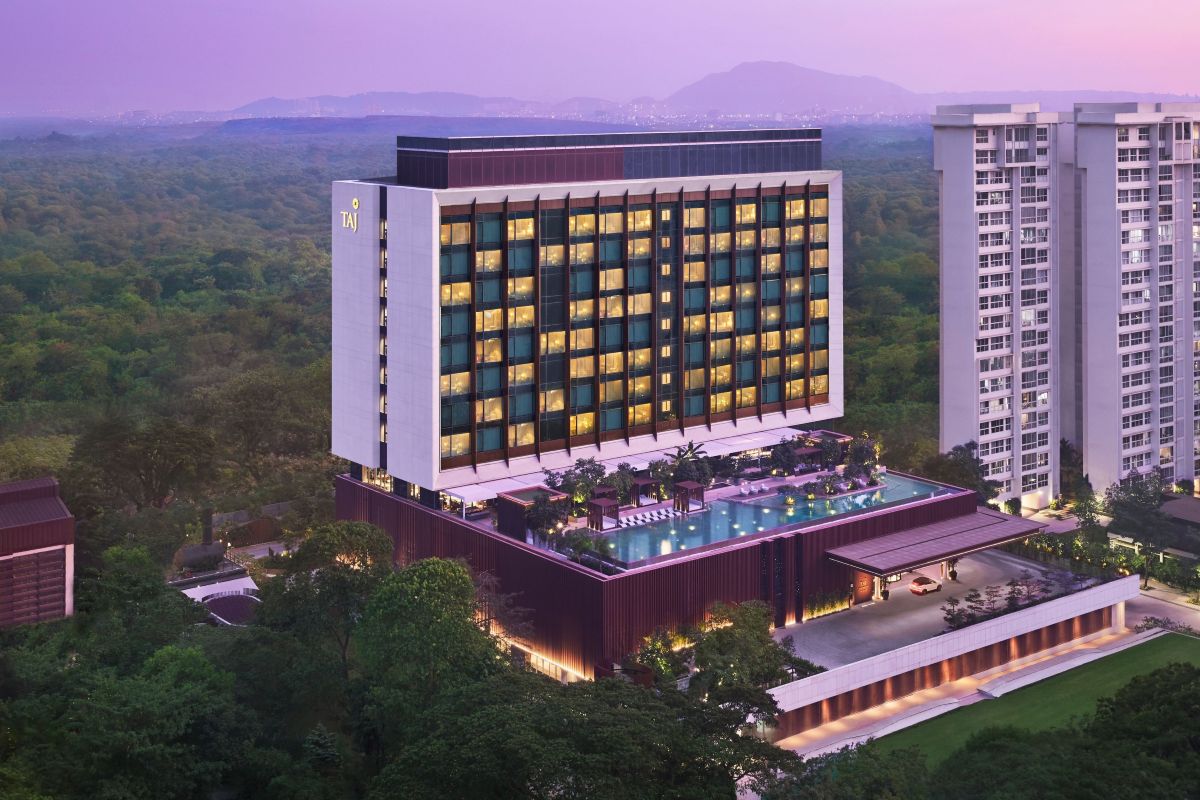Hospitality Brands Hype Growth While Omicron Rages
Skift Take

Daily Lodging Report
Skift’s Daily Lodging Report is a subscription-required, email-only newsletter read by anyone and everyone in the hotel investor, owner, and operator space, including CEOs of some of the industry’s top brands. It covers North America and Asia Pacific with two separate regional editions.Here’s a sampling of what the Daily Lodging Report provided to its readers this past week. If you’re not a subscriber, you should be. Don’t wait. Sign up now here.
Sunday, Jan. 9
Sonder Holdings Inc. said they added over 100 new corporate travel accounts over the last year as a result of high demand for its reliable and tech-enabled accommodations among business and group clients. Sonder has seen increasing corporate travel demand from the technology, hospitality, retail, entertainment and healthcare industries and nearly half of Sonder’s corporate booked revenue was driven by corporate housing demand. The most popular destinations for corporate and group bookings last year were New York City, Philadelphia, London, Dublin, New Orleans and Palm Springs. Following the launch of its dedicated business travel offering and Global Distribution System connectivity in mid-2021, Sonder recently signed a partnership with ABC Global Services. Sonder also has active business travel partnerships with Egencia, HotelEngine and Trip Actions, three top Travel Management Companies.
Skift Note: Don’t rule out a hotel company taking note of this and making an acquisition play in the short-term rental space. Analysts see this branch of the accommodation sector becoming a takeover target if hotel companies see a way to standardize rental offerings.
Marriott International launched the Marriott Design Lab to accelerate the development and deployment of new technologies and products. Marriott has dedicated approximately 10,000 square feet of space at its new headquarters for on-site experimenting, building and testing of new technologies and products for all aspects of the hotel industry. It will involve partnerships enabling companies to test their products at Marriott International’s network of roughly 7,800 properties under 30 brands.
Skift Note: Some of the early partnerships tied to the lab signal the combo of business and leisure travel — “bleisure,” as it is frequently called on Marriott earnings calls — is here to stay.
Monday, Jan. 10
It is anyone’s guess what is going to happen in China now that they reported their first community spread of Omicron cases but those who make testing kits better keep the flow of product going. Tianjin started mass testing, all residents of Zhengzhou have been getting tested, Xi’an has confined its 13 million people to their homes since before Christmas and Shenzhen is discouraging their people from leaving. China reported 92 new local cases on Saturday but more importantly, this weekend showed the first local transmission of the Omicron variant.
Skift Note: An Omicron spread was almost inevitable in China, but its arrival comes weeks before the Winter Olympics begins in Beijing — raising the question of how heavy-handed mitigation can be ahead of such a global event.
Tuesday, Jan. 11
The Radisson Group announced plans to open 20 new hotels over the next three years in key Saudi cities including Makkah and Jeddah as part of its big expansion strategy for the kingdom, offering a total of 1,600 rooms. This will be added to the 24 hotels, resorts and hotel units currently being operated by the group in the kingdom. Other hotels scheduled for launch include the Radisson Blu Hotel at the Riyadh International Convention and Exhibition Centre, the Mansard Hotel in Riyadh and the Radisson Collection Hotel, the second hotel for the luxury Radisson Collection brand in Riyadh. Radisson Group said they plan to boost its investment portfolio in the kingdom to around 50% of its total investment in the Middle East by 2026. Radisson will open a regional office in Riyadh this year to support plans to double its operational portfolio by adding more hotels in various regions.
Skift Note: Radisson might have a better reputation abroad than in the U.S., but even new announcements like this don’t boost its standing in the global development race against major competitors like Marriott, Hilton, and Accor.
CitizenM announced the appointment of Hendrik Jan Roel as the company’s new Chief Financial Officer, as well as the promotion of Ernest Lee as the brand’s first-ever global Chief Growth Officer. Roel will join citizenM on May 1 after 22 years at Koninklijke Ahold Delhaize N.V. where he most recently served as CFO &EVP of Albert Heijn, Etos and Gall&Gall. Lee, who previously served as citizenM’s Managing Director for the Americas, begins his new role this month.
Skift Note: CitizenM is showing other international companies it is possible to elbow into the U.S. and stand out against the likes of well-established brands. The company’s attention to further growth in America might have other European brands eating crow.
Wednesday, Jan. 12
New COVID-19 variants have delayed RevPAR recovery for the lodging sector worldwide. According to Fitch Ratings, while such metric of sector performance will improve in 2022, it will remain around 30% below pre-pandemic levels. The ratings agency feels the recovery phase will last another four years with the U.S. leading the rebound. Regions such as Southeast Asia, largely dependent on the return of international visitors, and Europe are lagging behind. Fitch stated leisure trips with a domestic focus in regional areas will continue supporting the turnaround while business travel and events will be slower to recover. Last minute bookings will remain a dominant trend as long as border restrictions continue. Also, growing inflation, labor market pressure and sharper competition from short-term rentals pose new challenges to keeping profit recovery on track in 2022.
Skift Note: Omicron is expected to further delay the pandemic recovery for the hotel sector. While the U.S. has seen massive surges of new cases during the pandemic, its reticence to additional waves of lockdowns compared to the rest of the world does put it on track for a faster industry recovery.
Thursday, Jan. 13
STR reported for the week ending January 8, hotel RevPAR in China was up 9.1% on a year over year basis while down -43% versus the same week in 2019. It isn’t hard to figure out why the declines against 2019 accelerated as renewed Covid spread is prompting panicked lockdowns and mass testing. Year over year, absolute occupancy was 46.9% in the 2021 week versus 43.7% during the same week in 2020.
Skift Note: China’s hotel performance improvement last week was short-lived, as Omicron’s impact appeared in this week’s data report. Analysts were hesitant to comment on U.S. figures, which also showed a performance plummet, due to holiday calendar shifts relative to 2019 — but it’s hard to see any major win for the U.S., where major conferences have scaled back or gone virtual-only in recent weeks.




